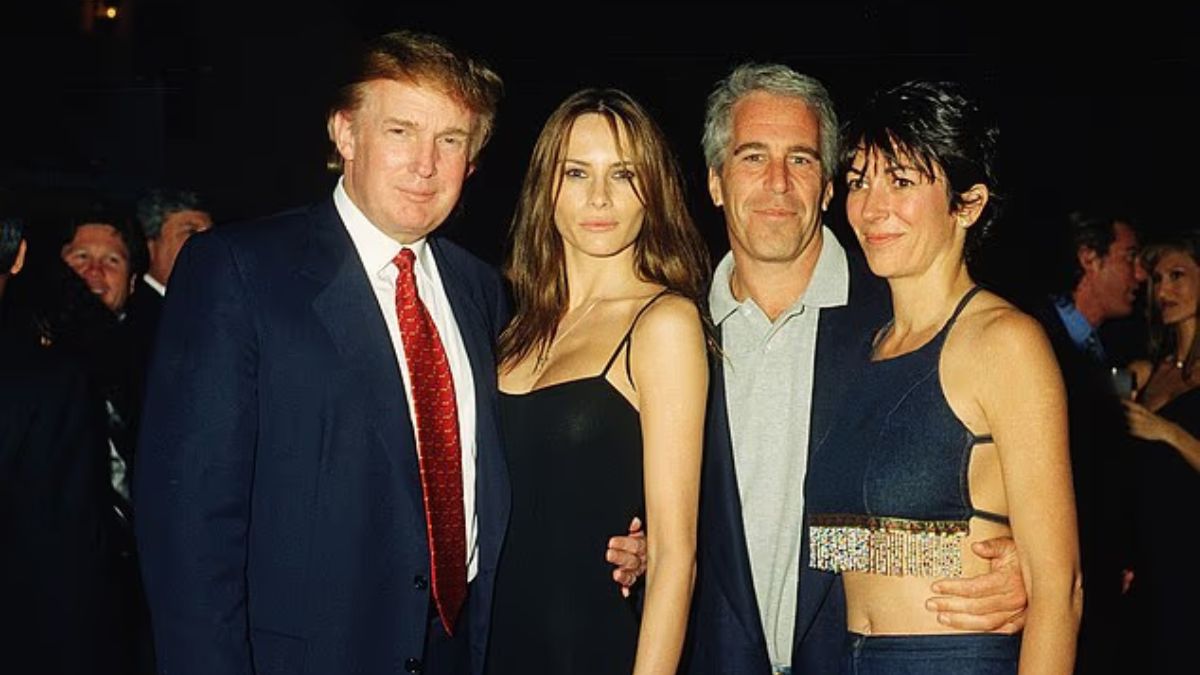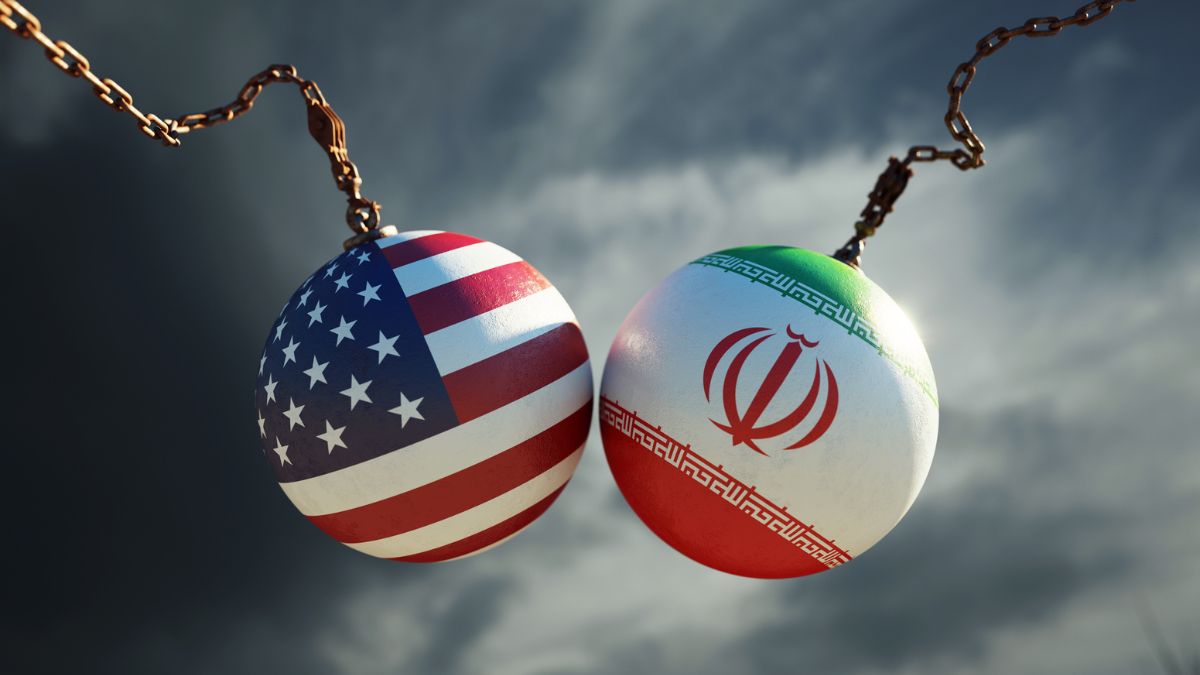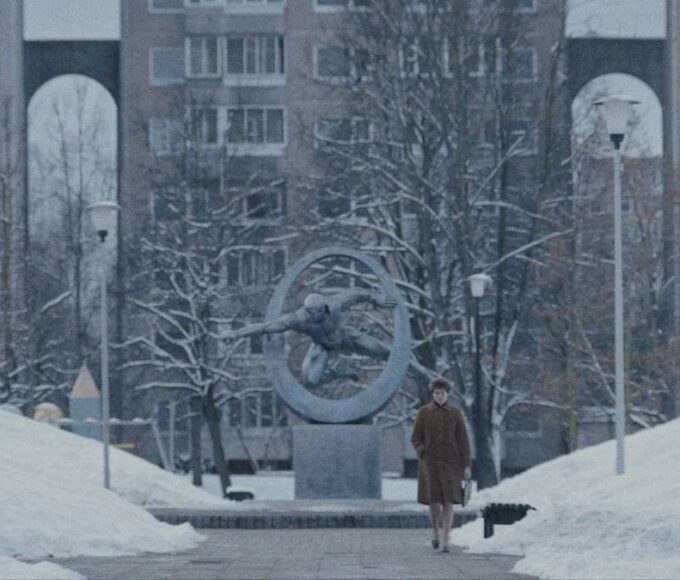Lionsgate is poised to become the first major Hollywood studio to officially re-enter the Russian theatrical market since the industry-wide freeze began over three years ago following Russia’s invasion of Ukraine.
The studio’s Ana de Armas-led action thriller Ballerina is slated for release on June 5 through local distributor Atmosfera Kino. While Lionsgate declined to comment, insiders say the move reflects a strategic policy shift, citing the “passage of time” and a belief that industry sentiment is changing.
The release comes as international box office revenues continue to struggle, and Hollywood eyes Russia’s once-lucrative market for a potential return. Before the war, Russia was the sixth-largest theatrical market in the world, with Hollywood blockbusters making up the majority of ticket sales.
Now, Ballerina could mark the beginning of a new phase. Studios remain cautious, but many in the industry suggest a return is inevitable. A source in Cannes said, “I ran into a lot of Russian buyers on the street yesterday. They’re here and ready to do business.”
That optimism is also being fueled by recent diplomatic overtures, including talks between U.S. and Russian officials in Saudi Arabia. With President Donald Trump now prioritizing an economic thaw in his second term, and Secretary of State Marco Rubio touting “extraordinary opportunities” in Russia post-conflict, Hollywood is closely watching for cues.
While major studios like Disney, Warner Bros., and Universal continue to hold off, some have quietly released films in Russia. Universal’s Oppenheimer, for example, earned $2.4 million through unofficial channels. Meanwhile, independent studios never fully left. Titles from A24, Neon, and FilmNation have been opening in Russia for the past two years through third-party European distributors.
This period proved to be a golden opportunity for indie films, with many enjoying record-breaking earnings in Russia. Neon’s Anora and A24’s Longlegs have performed especially well, while erotic drama Babygirl starring Nicole Kidman brought in $3 million, outperforming most European territories.
Back in 2021, foreign films made up nearly 75% of Russia’s box office, generating over $410 million. In 2019, Hollywood films pulled in almost $1 billion, making Russia the top European market for American cinema at the time.
Despite the studios’ initial united front in 2022, the economic pressure of post-pandemic recovery, shrinking revenues in China, and the need for reliable international income streams may push more studios to follow Lionsgate’s lead.
One studio executive put it bluntly: “The return is inevitable.” But as the dust slowly settles, industry leaders acknowledge that rebuilding audience trust will take time. “Many viewers felt alienated by the studios’ abrupt exit,” says Olga Zinyakova, president of Russia’s Karo cinema chain. “In the meantime, Russian cinema has grown stronger.”
Whether Ballerina succeeds or stumbles, its release will serve as a litmus test for what could become a major Hollywood return to one of its most important international markets.












Leave a comment